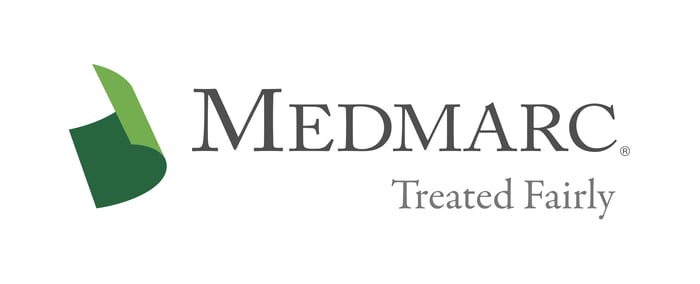CMO FDA Regulation: Are CMOs Regulated by the FDA?
Are CMOs Regulated by the FDA?
Part two of a three-part series on the Contract Development and Manufacturing industry and potential products liability and manufacturers E&O risks.
Medical device original equipment manufacturers (OEMs) are well aware of the regulatory documentation, testing, training, and other requirements needed to bring products to market. As these companies outsource more business functions to contract development and manufacturing organizations (CDMOs aka CMOs), they may assume CMOs understand and follow the same rigorous procedures. That’s not always the case.
CMOs based outside the United States, or that deal in multiple industries, may not understand (or comply with) U.S. regulatory requirements. It’s important for both OEMs and CMOs to follow U.S. Food and Drug Administration (FDA) requirements for medical device manufacturers. Failure to register a device establishment is prohibited under the Food, Drug, and Cosmetic Act (FD&C Act).
When to Register: Can the Product Function On Its Own?
FDA regulation of CMOs depends on the type of product. Effective October 2012, "all contract manufacturers and sterilizers of finished devices must register and list regardless of whether they put the device into commercial distribution or return the device to the manufacturer or specification developer" according to FDA listing requirements.
What is a finished device?
A product is considered a finished medical device if the product can serve as a medical device on its own, without integration into another product, even if it’s not intended to be used on its own.
Under section 201(h) of the FD&C Act, a medical device is:
An instrument, apparatus, implement, machine, contrivance, implant, in vitro reagent, or other similar or related article, including a component part, or accessory which is…intended for use in the diagnosis of disease or other conditions, or in the cure, mitigation, treatment, or prevention of disease, in man or other animals…
If the product could not function without the integration of another product, FDA regulation does not apply. For example, an external defibrillator is a finished medical device. The defibrillator’s capacitor is not a finished device.
The Registration and Listing Process
Whether CMO or OEM, companies that produce, manufacture, and/or distribute medical devices intended for U.S. use must register their company annually with the FDA. Title 21 CFR Part 807 explains when and how to register.
These companies must also list with the FDA the devices manufactured in their facilities and the activities performed on the devices. Registration and listing help the FDA keep track of where devices are made, which helps them respond more easily in case of emergencies.
How to Select a CMO
When vetting a prospective CMO, look for companies with extensive medical device experience—ideally in your type of product. When evaluating CMOs, make sure the company has all requisite ISO certifications for producing medical-grade devices. You’ll also want to verify the company is registered with the FDA as a medical device establishment. The FDA has a searchable database of registered companies.
Open communication and a detailed, signed contract will also help strengthen the CMO-OEM relationship, ensuring both companies benefit from innovation without undue liability.
Medmarc has a long history of insuring CMOs, managing their claims, and providing risk management services. To learn more about how Medmarc takes care of CMO and OEMs, call us at 1-800-356-6886.
References
https://www.fda.gov/medical-devices/how-study-and-market-your-device/device-registration-and-listing
For additional resources contact the Marketing department
Phone: 888-633-6272
Medmarc is a part of ProAssurance Group, a family of specialty liability insurance companies. The product material is for informational purposes only. In the event any of the information presented conflicts with the terms and conditions of any policy of insurance offered from ProAssurance, its subsidiaries, and its affiliates, the terms and conditions of the actual policy will apply.
Copyright © 2024 - Medmarc
